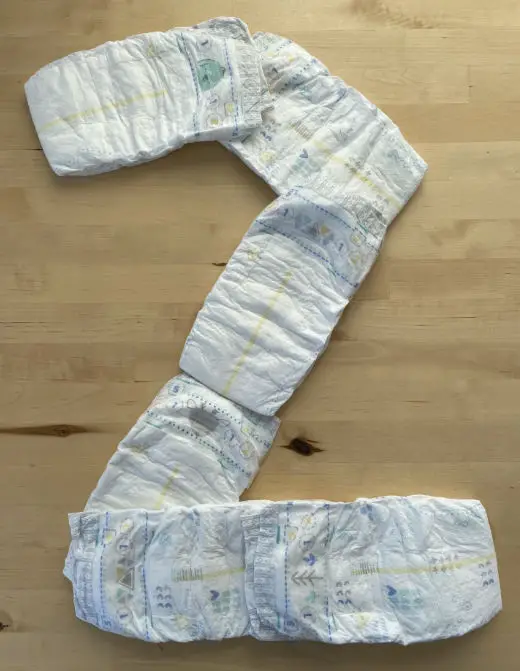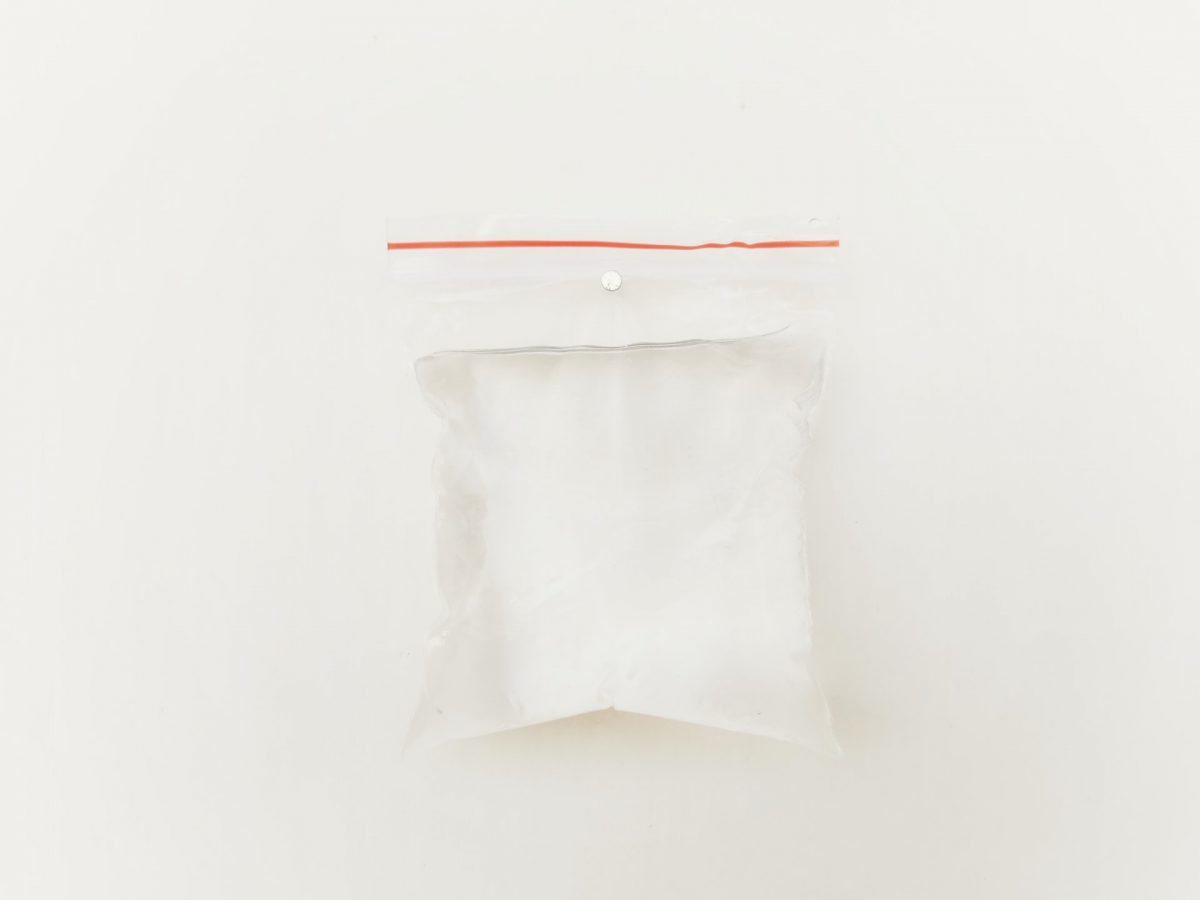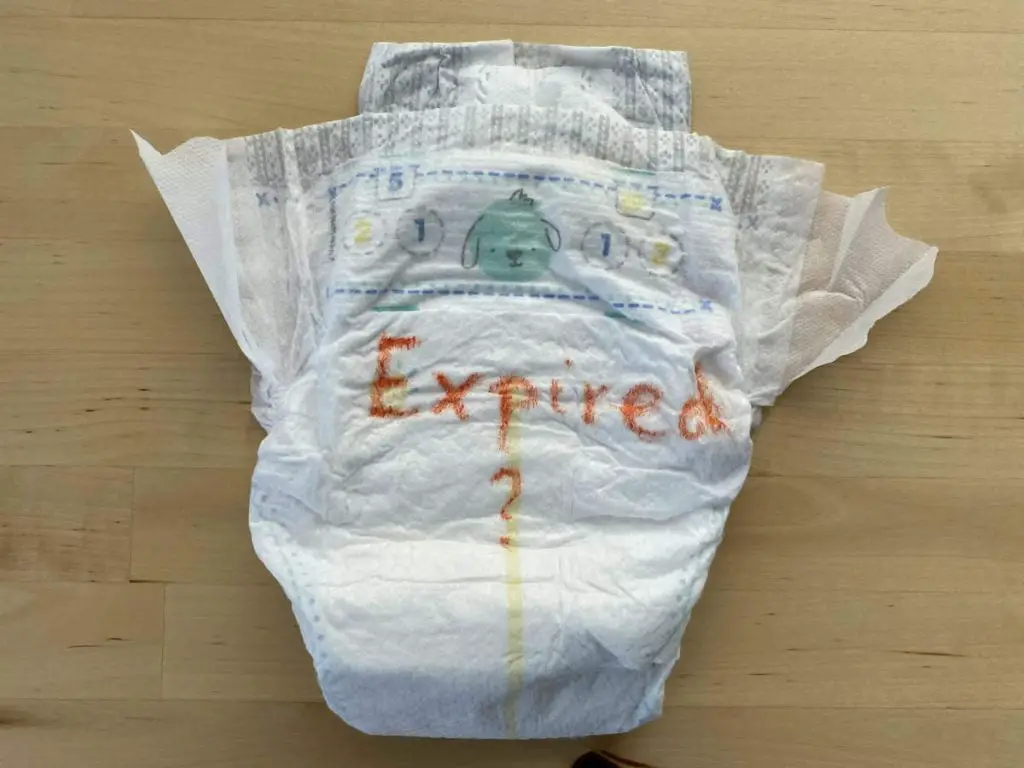So, you’ve been cleaning out your baby’s room only to discover a box full of old diapers. Do you throw them out? Do they make for a good hand-me-down to a possible baby number 2?
The real question here is: do diapers expire? If you aren’t sure, trust me when I say that’s a pretty sensible concern.
Do Diapers Expire?
The short answer is no, diapers do NOT expire. I know I breathed a huge sigh of relief when I discovered that when I found myself asking this very same question. This means that you can still use them on your next baby or even donate them. You can even gift old diapers to a friend. I mean not all presents can be elaborate like an Infant Optics Baby Monitor, right?! It’s the thought that counts and diapers are as thoughtful a gift as can be. You’ll agree that this beats the alternative — throwing them away. That’s like shoving money down the drain. No parent wants that.
Why I Wondered about This Question
I asked this question when I discovered small beads in old unused pampers diapers. It turned out after some research that after all those small crystalline substances were not there because the diapers were old. Then I did more research to find out the truth behind diaper expiration!
What Happens to Diapers When They Get Old?
Much like baby monitors and travel cribs, most diapers don’t come with an expiration date—save for brands like Pampers. But let’s approach this matter realistically. A brand new product seldom carries the same quality and resilience a few months down the line. And that also applies to baby diapers. Sure, you can still use them—which is great—but you can’t disregard the fact that they’re certainly not at their “best’. Factors such as time and storage conditions can have certain effects on diapers. For this reason and more, baby diaper manufacturers don’t recommend using old diapers that are more than two years old.
Why Manufacturers Advocate for the 2-Year Mark

Let me outline the reasons why time can take a toll on the diaper quality and why manufacturers urge you to stick to the 2-year mark. Thereafter you can make an informed decision on what you want to do with your extra diapers: toss them or use them?
Discoloration
Firstly, that bright white color found on new diapers goes out the window. That’s usually the first tell-tale sign that’s plain for everyone to see. Instead, it’s replaced by a slightly yellowish tint. This is caused by the diaper being constantly exposed to light and air. Note that diapers with elastic bands tend to discolour quicker (approximately a year) than those without. Now, does this slight discoloration make the diapers potentially harmful to babies who’ll wear them? Absolutely not. But if you’d rather not explain that interesting yellow hue on the diapers to whomever you’re giving, rather toss them.
Decreased Leak Protection
The sole purpose of buying a diaper in the first place is to protect your little one from wetness. A diaper keeps your baby dry, happy, and comfortable. The moment the diaper loses its effectiveness at leak protection, it defeats the entire purpose. Sadly, a diaper’s absorption capabilities decrease with time. This leads to leakage which in turn results in diaper rashes and irritation on the baby’s skin.
Loses Elasticity
If you’re not risking decreased absorption, then you may have to deal with a sagging diaper. Unfortunately, some diapers tend to lose their elasticity over time—particularly around the legs. And you don’t want any gaps around that area. That’s just a free passage for urine and poop to escape through.
Weakened Adhesive
The adhesive found on the diaper also tends to weaken as time goes on. While you can still use these diapers, securing the tape will be a lot harder. When this happens, poop escaping from the diaper will be the least of your worries, it might actually slip right off. But all hope isn’t lost. That’s nothing some extra reinforcement can’t fix. Try adding a robust tape or a safety pin to secure the diaper.
What are Diapers Made Of?
In case you’ve ever wondered what exactly diapers are made of, you’re in luck. Diapers can either be made of chemical or natural components depending on the brand in question. Some manufacturers include materials with hypoallergenic properties to minimize the risk of allergies. Just be sure to read the labels.
And steer clear from diapers that contain volatile organic compounds as they may adversely affect your baby. Unfortunately, the exact ingredients are seldom displayed by the manufacturers. If they are, you’ll have to read carefully read through that small fine print on the manufacturer’s website found in hidden locations. Does this mean the manufacturers have something to hide? I’ll list the most common ingredients so that you can be the judge of that:
- Inner layer – This is the layer that you should be overly concerned with because it’s in direct contact with your baby’s skin. It’s made up of polyacrylate granules that are designed to absorb urine. It also usually contains emollient known to protect the skin from irritation.
- Absorbent core – This layer also absorbs fluids. It contains chemicals which if they come into contact with baby waste become toxic. But most manufacturers try to counter this by including polymer which effectively soaks and traps fluids.
- The outer layer – This layer consists of waterproof material designed to contain fluids. It’s usually made of petroleum-based materials.
- Elastic or adhesive tape – Diapers feature an elastic or adhesive tape used to secure it. As mentioned earlier, the elastic band loses its elasticity over time while the adhesive tape loses its stickiness.
Overall, diapers made of either natural or chemical components don’t expire. But they do lose their adhesiveness, absorption capabilities, and color.
How to Store Diapers
As mentioned, proper storage is important to slow down the diaper aging process. Storage areas exposed to sunlight, heat, and humidity are a definite no-no. Excessive exposure to heat compromises the adhesive’s strength on your diaper. Light causes that unsightly yellowish color. Always try to keep them in the packaging provided by the manufacturer. In fact, when unopened, they do tend to last longer and are as good as new when you do decide to use them. Once they’re opened, they tend to absorb moisture and in turn lose their effectiveness. Be sure to place them either in a cool dry place or airtight container like a ziplock bag. Again the recommended timeframe for storing them is up to two years from the date of purchase.

How to Dispose of Diapers
Let’s round off this article by discussing the disposal of used, unused, and eco-friendly nappies. It’s your responsibility to ensure proper disposal of diapers to avoid landfills.
Used Diapers
Improper disposal of used diapers that contain human waste is a real health hazard. Do diapers burn? Yes, but you shouldn’t really do that. Instead always follow these steps:
- Start by dumping the poop down the toilet.
- Wrap up the diaper into a small tight ball.
- Place it into a sealed container like a diaper pail or a disposable diaper bag to prevent odors from escaping. Make sure that the container is lined with a plastic garbage bag. This ensures that no waste touches the bin.
- When the bin fills up, you can tie and leave it to be collected by the weekly garbage collectors.
- Wash your hands.
Unused Diapers
You can simply throw these in the garbage can and wait for the municipal garbage collectors to retrieve them. But of course, you learned today that you don’t have to dispose of unused diapers—simply keep them in proper storage or gift them to someone else.
Eco-friendly Diapers
Eco-friendly diapers are made up of plant-based components and don’t contain any chemicals. To dispose of them you must:
- Flush the poop down the toilet.
- Create a compost heap.
- Add dried leaves and fresh-cut grass to the compost heap for faster disintegration.
- Turn the compost every three weeks to oxygenate it.
These diapers will completely disintegrate after 12 months. You can then proceed to place the manure on your flower beds. Either that or you can take the easy way out and send them to a composting facility.
FAQ
Can I burn used diapers?
No. The chemicals found in diapers release dioxins when burnt which are potentially harmful to you and your family. Follow my above-mentioned tips instead.
Can you recycle clean diapers?
Unfortunately, not. Diapers aren’t recyclable (yet) and therefore can’t be thrown into a recycle bin.
Summary
Hopefully, I’ve helped answer all your burning questions on this topic. How about a quick recap?
Do diapers expire? No. But their effectiveness is compromised over time.
Will using old diapers harm your little one? No. But they do lose their stickiness and absorption qualities with time.
Can you use old diapers? Certainly, other parents have used them on their babies three years after purchase with no repercussions. I’d say rather than tossing those diapers in the trash if you have the opportunity to use them again, do so freely. If you do have concerns about passing them off to a fussy close relative or friend, donate them instead. You’ll be surprised how many disadvantaged parents will find this donation extremely helpful. Yellow tint or not!
Did you know that another related topic many parents are talking about is the expiration of baby wipes? I’ve dug into that topic, too, recently.
